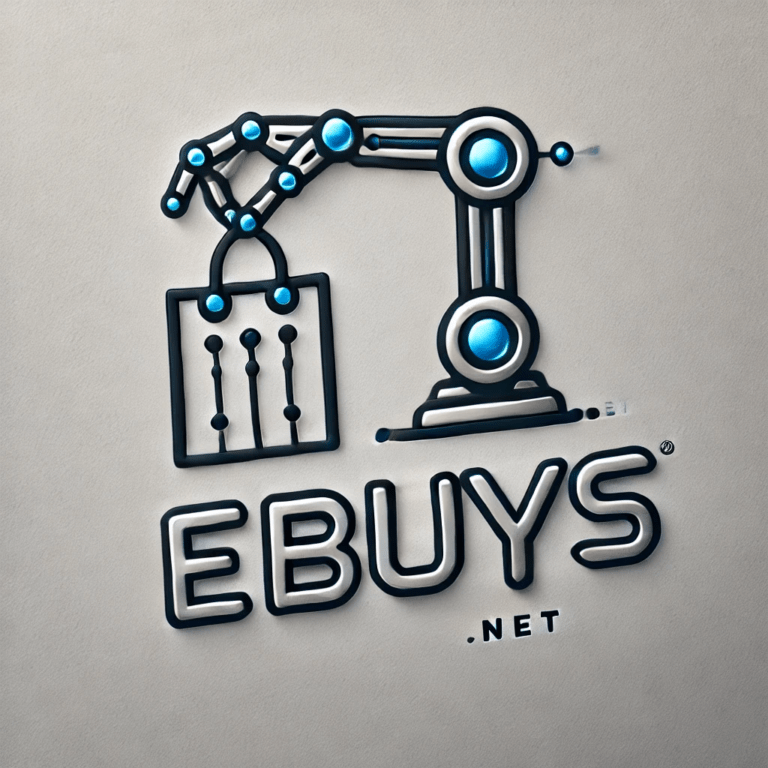The Bill Gates acquisition of LinkedIn Microsoft announced in June 2016 that it had acquired LinkedIn for an astounding $26.2 billion, one of the biggest tech acquisitions in history. This acquisition was a strategic alliance between two titans of the professional networking and technology industries, not just a financial deal. Co-founder of Microsoft Bill Gates had long argued for the incorporation of technology into daily life, and this acquisition was evidence of his goal of making the world more interconnected. Microsoft wanted to improve its own product line, especially in the areas of productivity and enterprise solutions, by utilizing LinkedIn’s large user base & rich data.
Key Takeaways
- Bill Gates acquired LinkedIn
- Reid Hoffman played a role in the sale of LinkedIn
- The sale will impact LinkedIn’s future
- Mark Zuckerberg plans AI integration in Facebook
- AI has potential benefits for Facebook users
A larger trend in the tech sector, where businesses are increasingly aiming to grow their ecosystems through strategic acquisitions, was also reflected in the acquisition. LinkedIn gave Microsoft access to a multitude of professional data that could be incorporated into its Office suite and other services, thanks to its 400 million+ users at the time. In order to better compete with competitors like Google and Salesforce, who were also fighting for market supremacy in the enterprise software space, Microsoft made this move. This acquisition was a step toward realizing Gates’ vision of a more connected world by improving professional collaboration & communication on a global scale. The Contribution of Reid Hoffman to the Sale of LinkedIn Reid Hoffman, the executive chairman and co-founder of LinkedIn, was instrumental in the company’s sale to Microsoft.
His goal for LinkedIn went beyond merely developing a networking site; it also included developing an entire ecosystem that would enable professionals to interact, exchange knowledge, & develop their careers. During LinkedIn’s growth stages, from its founding in 2003 to its initial public offering (IPO) in 2011 and beyond, Hoffman’s leadership was crucial. Hoffman saw the potential advantages of a partnership with Microsoft for LinkedIn’s stakeholders and users when the sale opportunity presented itself. Throughout the acquisition process, Hoffman’s negotiating abilities were essential. He recognized LinkedIn’s worth not only as a stand-alone platform but also as a crucial component of Microsoft’s larger plan. His capacity to clearly express this value proposition aided in facilitating communication between the two businesses.
Also, Hoffman’s vision and Microsoft’s objectives coincided; both organizations were dedicated to using technology to increase productivity. The acquisition was not only possible but also strategically beneficial for all parties because of this synergy. Hoffman’s vision guaranteed that LinkedIn would prosper under Microsoft’s leadership while upholding its primary objective of bringing professionals together. The Effect of the Sale on LinkedIn’s Future The platform’s future course has been significantly impacted by the sale of LinkedIn to Microsoft. LinkedIn has been able to access new resources and technologies under Microsoft’s ownership, which has greatly improved its offerings. For example, LinkedIn’s integration with Microsoft Office products has made millions of users’ workflows more efficient.
Professionals can now use their networks more easily when working on projects thanks to features like LinkedIn profile insights in Microsoft Word and Excel. This integration has strengthened LinkedIn’s standing as a vital professional tool while also enhancing the user experience. LinkedIn’s growth has also been facilitated by Microsoft’s investment in artificial intelligence (AI). The platform has started using AI algorithms to offer networking opportunities, job recommendations, and tailored content recommendations based on user preferences and behavior. This move to data-driven decision-making has greatly increased LinkedIn’s user satisfaction and engagement.
Consequently, LinkedIn has transformed from a simple networking site into a comprehensive career development platform that provides resources specifically designed for professionals & job seekers. Plans for AI Integration by Mark Zuckerberg Mark Zuckerberg has long supported using technology to improve Facebook’s user experience. He has made bold plans to incorporate artificial intelligence into the platform in recent years. According to Zuckerberg, artificial intelligence (AI) has the potential to revolutionize user interactions, improve content curation, and produce more individualized experiences. Facebook wants to use AI technologies to help with some of its issues with user engagement, content moderation, and the efficacy of its advertising.
Using AI to counteract harmful content and false information on the platform is one of Zuckerberg’s main initiatives. In order to detect and flag potentially harmful posts before they become widely circulated, Facebook uses machine learning algorithms to analyze enormous volumes of data in real-time. In addition to preserving the platform’s integrity, this proactive strategy makes the internet a safer place for users. Zuckerberg also plans to improve Facebook’s advertising capabilities by using AI-driven insights that help companies better target their audiences.
Facebook Users Could Gain from AI Integration There are a lot of possible advantages for Facebook users if AI is integrated into the platform. The improvement of personalized content delivery is one important benefit. AI algorithms are able to curate more engaging and relevant news feeds by examining user behavior and preferences. A more fulfilling social media experience results from users seeing posts from friends, family, & pages they care about more frequently.
By recommending groups or events based on users’ interests & activities, AI can also help people connect more effectively. Better customer service via AI-powered chatbots is another possible advantage. Facebook companies can use these chatbots to instantly respond to consumer questions, increasing user engagement & satisfaction. Businesses can work more effectively thanks to this technology, which also guarantees that users get help when they need it.
AI can also be used to find patterns in user feedback, which helps companies modify their plans in real time. All things considered, these developments should make Facebook users’ social media experience more lively and responsive. The Moral Issues of AI Integration in Social Media Although incorporating AI into social media sites such as Facebook has many benefits, there are also important moral questions. One of the main concerns is privacy; as AI systems gather and examine enormous volumes of user data to provide tailored experiences, concerns are raised regarding the use & security of this data. The knowledge that algorithms created to predict their preferences are tracking and analyzing their online behavior may make users uncomfortable.
Sustaining user trust requires that data collection procedures be transparent. Algorithmic bias presents another ethical dilemma. The quality of AI systems is dependent on the data they are trained on; if the data contains societal biases, the algorithms may unintentionally reinforce these biases in the targeting of advertisements or the delivery of content.
For example, an AI system may continue to recommend differently for different demographics if it is trained on historical data that shows racial or gender inequities. In order to address these biases and guarantee equity and inclusivity in social media interactions, AI systems must be continuously examined & modified. The Difficulties of Putting AI into Practice on Social Media Platforms There are a number of difficulties in integrating AI into social media platforms that need to be carefully managed. The difficulty of creating algorithms that can precisely decipher linguistic subtleties and human behavior is a major obstacle. Understanding human language is the goal of natural language processing (NLP), a branch of artificial intelligence that is still developing. Misunderstandings may result in poor user engagement tactics or inappropriate content moderation choices.
In addition, there are technical issues with infrastructure and scalability. It gets harder to make sure AI systems can process data effectively as social media platforms’ user bases & content volumes increase. Strong computational resources are required, which may put a strain on the infrastructure currently in place & cause lags or outages during periods of high usage.
Maintaining user satisfaction when deploying cutting-edge AI technologies requires striking a balance between accuracy and performance. The Future of AI in Social Media As technology continues to develop at a never-before-seen rate, the future of AI in social media is set to undergo significant change. We can anticipate even more customization of user experiences on sites like Facebook and LinkedIn as machine learning algorithms advance. These platforms will be able to more precisely predict user needs thanks to improved predictive analytics, which will result in personalized content delivery that appeals to individual preferences. AI integration may also result in novel features that completely rethink social media interactions.
For example, combining AI and augmented reality (AR) could result in immersive experiences that allow users to interact with digital content in real-time settings. Social media platforms will see a change in how users interact with brands and one another as a result of this technological convergence. Looking ahead, it is evident that although AI offers fascinating potential to improve social media experiences, it also calls for constant debates regarding inclusivity, privacy, & ethics. As platforms negotiate the challenges of incorporating AI into their ecosystems while maintaining user trust, striking a balance between innovation and accountability will be essential.
In a recent article on eBuys.net, the story of how Reid Hoffman sold LinkedIn to Bill Gates was explored in depth. The article highlighted the strategic moves and negotiations that led to the successful acquisition. Additionally, the article discussed how Mark Zuckerberg plans to utilize AI technology in the future, drawing parallels to Hoffman’s innovative approach to business. For more insights on AI technology, check out this video on AI-generated content and its impact on the digital landscape.

